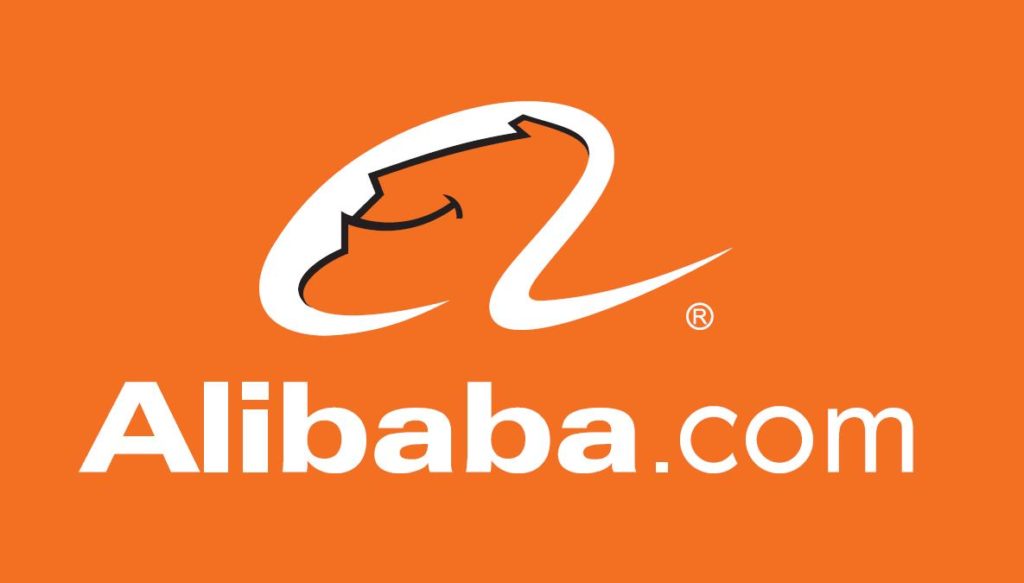
Alibaba is a really great way to source products to sell on Amazon. The Chinese company is a massive e-commerce platform, not unlike eBay or Amazon. The big difference is that it doesn’t sell to consumers; it’s strictly B2B (business to business).
It really is huge, with nearly $24 trillion in sales. It lets you make bulk purchases – if you’re after fifty thousand towels, no problem! It will also let you customize or private brand the products you buy.
Searching on Alibaba is a much easier way to contact multiple suppliers than tracking them down one by one and contacting them directly. Alibaba makes it easy for you to contact multiple suppliers. Most of them are in China, but there are suppliers in other countries too; you can filter results if you want suppliers from a particular country or region.
Most manufacturers on Alibaba know that buyers want to make a good margin, and that sourcing their supplies as cheaply as possible is important in making that happen. Alibaba is therefore a great place to look for products that you can brand as private label.
It’s not somewhere you should look for branded products. Nike trainers, Mont Blanc pens, Louis Vuitton luggage or Burberry coats are pretty certain to be fakes. (Selling fakes on Amazon, by the way, is a sure way to get your account closed down.) Some products aren’t branded, but are none the less very closely modeled on existing branded products. Brands have started threatening legal action in some cases, so you could be taking on an Intellectual Property risk.
Alibaba is generally a safe place to use, and has a secure payment portal. However, knowing how to avoid the traps is essential. For instance, if you check options for Trade Assurance, which protects you if your order isn’t shipped on time, or if it’s not up to the agreed specification, and for Verified Supplier, you’ll get rid of the chancers. You can also check boxes for the ISO 9001 quality system, and environmental ISO 14001 certification. If you add all these conditions, you’ll see about a tenth the number of suppliers, but they’ll be the quality ones.
When you contact companies, check if they already have customers in your sector, and in the US. If they have already dealt with American customers they will have the right idea about quality and about how to communicate with you.
Check the company profile. Some companies have their own mini site on Alibaba, and checking that out will show you how wide a range of product they manufacture. It might even give you ideas for new products. Sometimes, Alibaba vendors already have the “next new thing” on their sites.
One issue with Alibaba is that some companies will give you a high quality sample but when the main order arrives, the goods won’t be such high quality. To avoid this, arrange for an inspection during the the manufacturing process or once the order is ready (yes, you can outsource). An inspection will also avoid the (admittedly rare) ‘box of rocks’ scam, in which a supplier fills a container with just the right weight of rocks.
However, the main issue US customers have with Alibaba is attempts at payment scams. For instance, a supplier changes its bank to Hong Kong, where bank regulation isn’t as tight as in mainland China. Often, it’s a scammer and not the supplier asking for the change. Check with your supplier through another means of communication like Skype, Wechat, or WhatsApp.
Finally, remember the “Rule of Three”. For every dollar you pay Alibaba you need to make $3 in sales. One dollar for Alibaba, one for Amazon, one for you.
And don’t forget to apply for the Alibaba US Sales Tax Exemption Program, because you don’t want to have to pay a fourth dollar to Uncle Sam!
